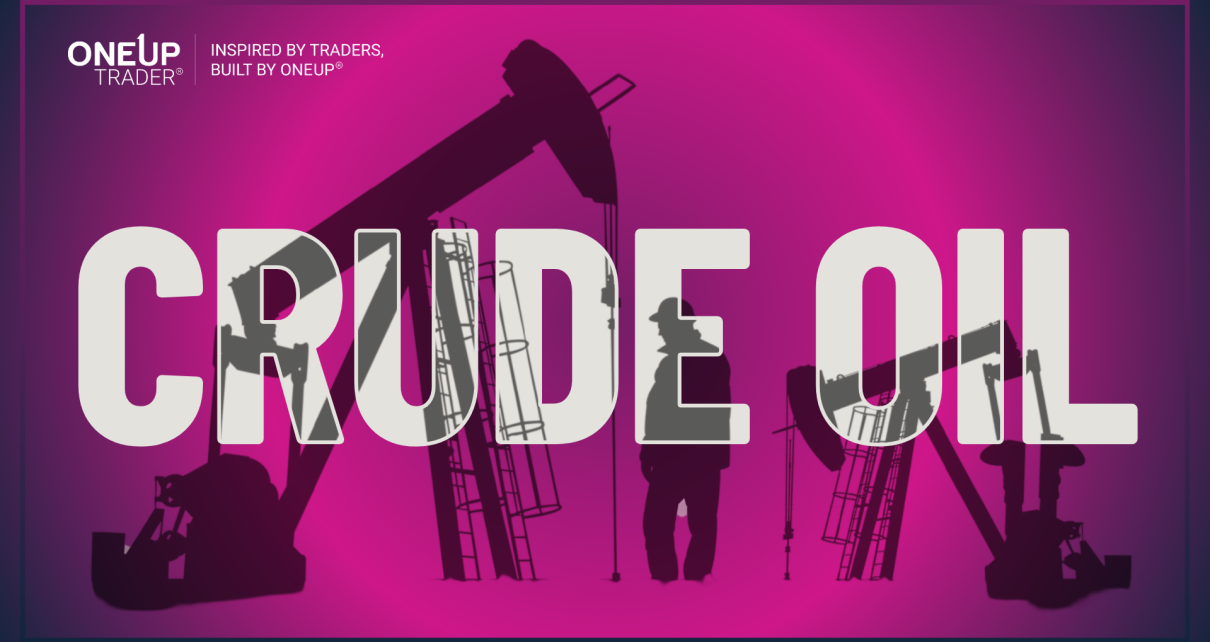- There are increasing demand worries as China reports rising COVID-19 cases.
- Geopolitical tensions have eased after NATO confirmed the Poland missile was an accident.
- Retail sales in the United States rose more than anticipated in October.
Oil prices went down for the second day on Thursday as worries about demand in China, the biggest crude importer in the world, grew.
China has a small COVID caseload compared to the rest of the world, but it has strict rules to stop cases from spreading. These include lockdowns that hurt oil demand.
“With COVID cases in China continuing to rise, especially as we move towards flu season, traders are left with little option to recalibrate positions reflecting the possibility of more lockdowns in heavily populated centers that hurt oil demand exponentially more than other areas of the economy,” said Stephen Innes, managing partner at SPI Asset Management
Poland and the military alliance NATO confirmed on Wednesday that a missile that landed within Poland was likely an accident, fired by Ukrainian air defenses rather than a Russian attack, easing concerns that the conflict between Russia and Ukraine would spread across the border.
“Crude oil fell after NATO cleared Russia’s missile attack on Poland, while demand concerns (are) back to trader’s focus amid ongoing China’s COVID curbs and gloomy global economic outlooks,” said Tina Teng, an analyst at CMC Markets.
The Energy Information Administration reported on Wednesday that crude stocks in the United States, the world’s largest oil consumer, fell by 5.4 million barrels in the week ending November 11 to 435.4 million.
The US dollar stabilized, and Treasury yields stayed low as investors attempted to gauge the outlook for Federal Reserve policy in the wake of stronger-than-expected retail sales data.

Retail sales in the United States rose more than anticipated in October, indicating that consumer spending began to pick up early in the fourth quarter. This could help sustain the economy.
The Commerce Department’s Wednesday report on strong retail sales and indications of a slowing in inflation gave rise to cautious optimism that the economy may either avoid the projected recession next year or merely experience a slight decline.
“This will keep the Fed on guard and committed to increasing interest rates to slow down economic activity,” said Eugenio Aleman, chief economist at Raymond James.
A slowdown in economic activity could eventually affect demand for oil and push prices lower.





